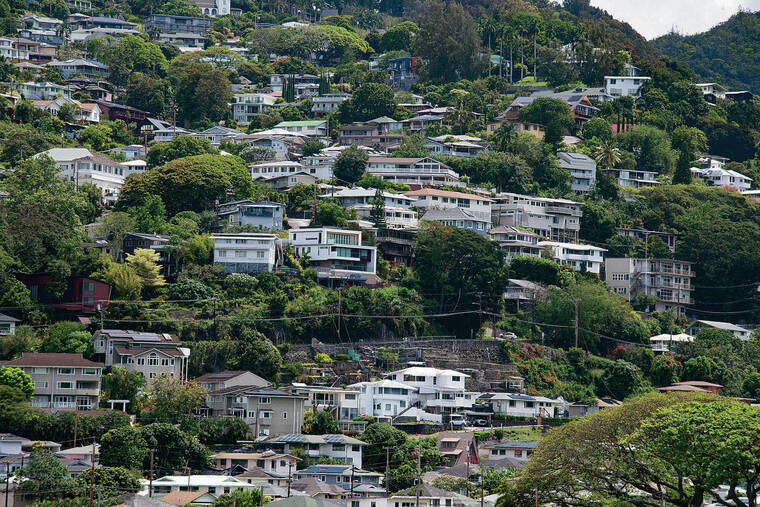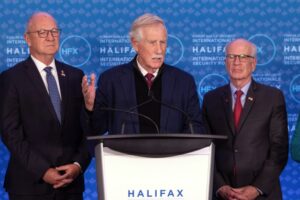
Efforts to address Honolulu’s severe housing crisis have reignited discussions surrounding an “empty homes tax.” This comes in light of alarming data from the 2020 U.S. Census, which revealed over 34,000 vacant homes on Oahu. Local leaders are now at a crossroads, determining whether to take decisive action or continue managing the crisis through inadequate measures.
Advocates argue that an empty homes tax could be a significant step toward alleviating the housing shortage. The proposed tax aims to increase taxes on residential properties not used as primary residences for at least half the year. Proponents believe this could lead to three key outcomes: reducing global demand for local properties, converting unoccupied homes into residences for local residents, and generating substantial new revenue for affordable housing initiatives.
In 2024, the city engaged Ernst & Young to analyze the feasibility of implementing this tax, based on Bill 46 (2024). The firm completed its report in 2025, concluding that the tax could yield over $290 million in net revenues across ten years. Additionally, it could facilitate the conversion of more than 1,100 housing units for local use, with an overall projected value exceeding $1 billion.
Despite these promising figures, the city’s Budget and Finance Services director canceled Ernst & Young’s contract, instructing the firm not to proceed with implementation strategies. This decision raises concerns, particularly as the same director has previously criticized the tax, citing a lack of expertise, technology, and staff to carry it out. Even those who oppose the tax have called for the completion of the study to provide essential data for informed decision-making.
The cancellation of the contract does not save the city any funds, as the contract was based on federal resources that will revert to the federal budget. The housing crisis in Honolulu is multifaceted and requires various solutions, including transit-oriented development, streamlined permitting processes, and affordable housing tied to local incomes. Nevertheless, the empty homes tax stands out as a critical tool that could directly address the issue by shifting demand away from investment properties and vacation homes toward housing available for residents.
Supporters assert that the tax would not negatively impact local residents who use their properties as primary residences for at least half the year. Instead, it could provide a sustainable revenue stream while promoting the conversion of vacant properties into homes for those in need.
As the city grapples with the housing crisis, the question remains whether it will allow wealthy investors with empty homes to dictate its housing policy or take bold leadership to prioritize local residents. In a community where many current residents face housing insecurity and the younger generation questions their ability to remain, the empty homes tax emerges not only as a policy proposal but as a commitment to prioritize housing for local families.
Retired attorney and former president of the IHS/Institute for Human Services, Ellen Godbey Carson, emphasizes the importance of this tax as a vital choice for the community’s future. Supporting a robust empty homes tax is presented not just as an economic strategy but as a moral imperative to ensure housing is secured for those who truly need it.







